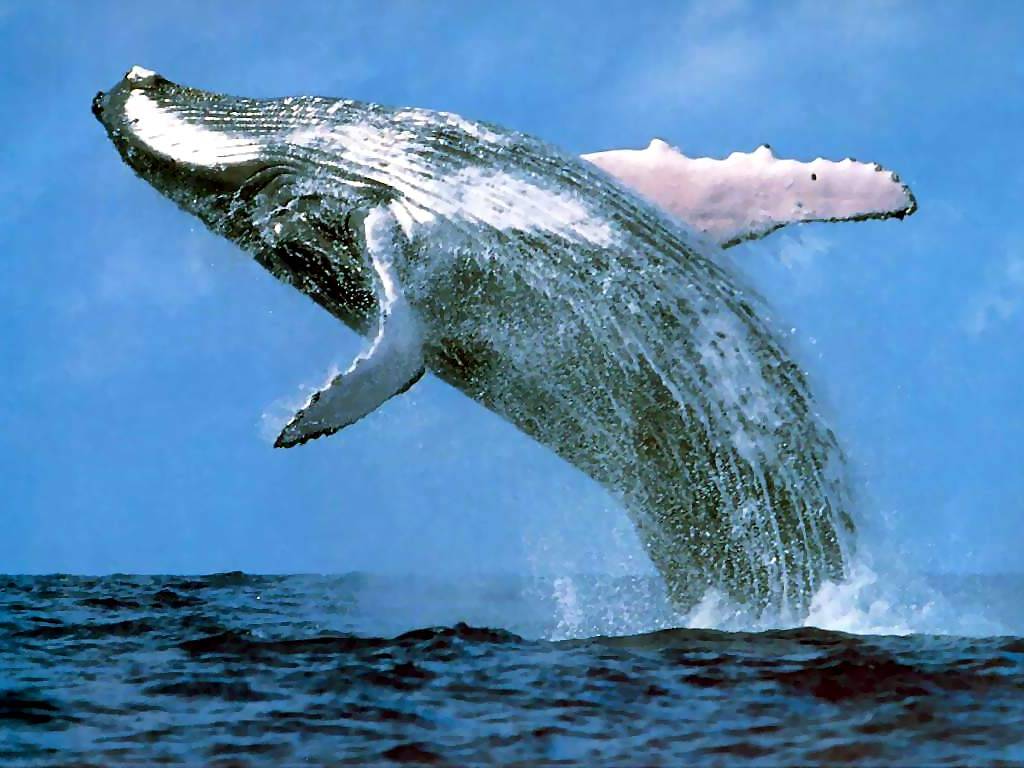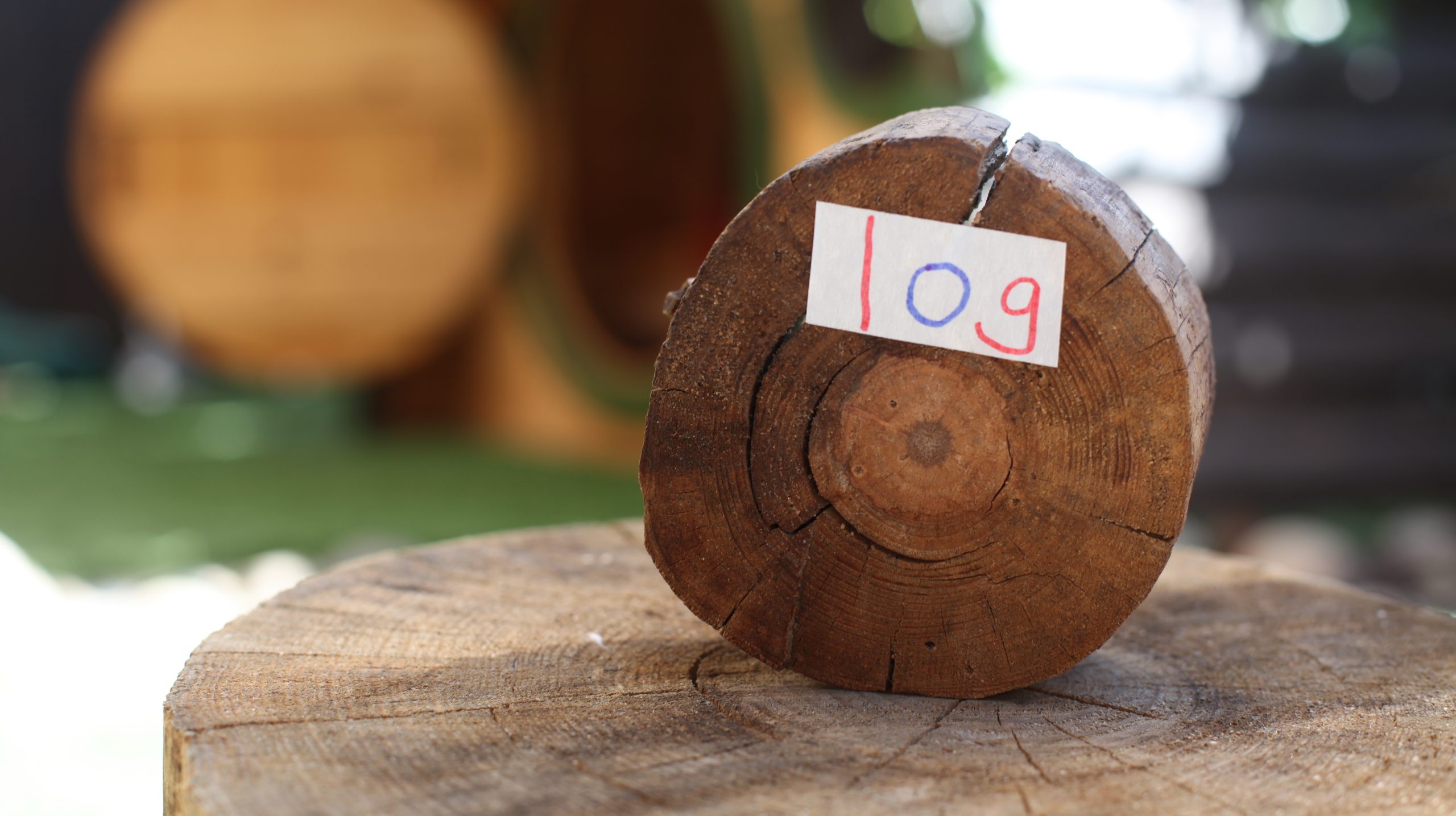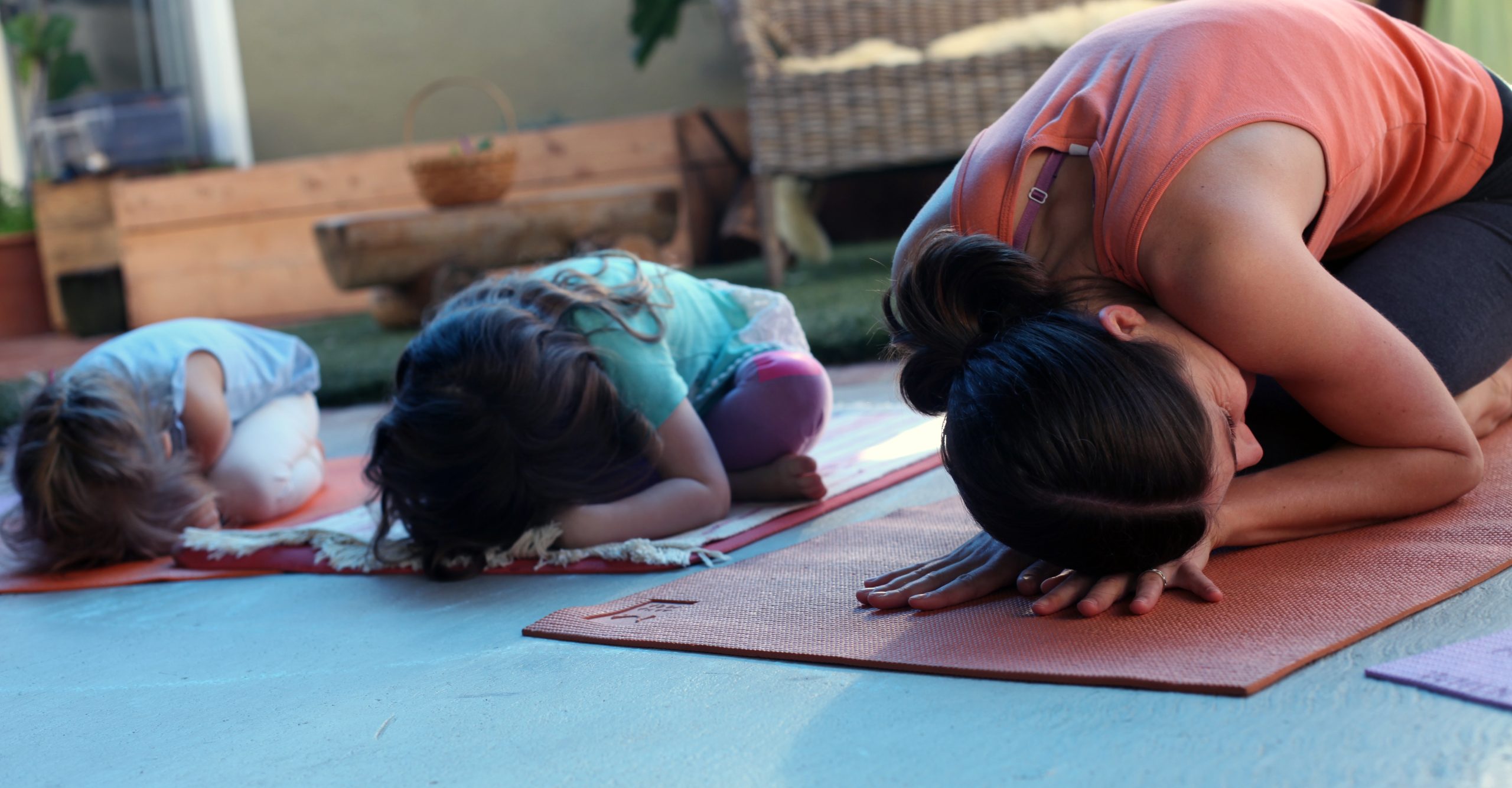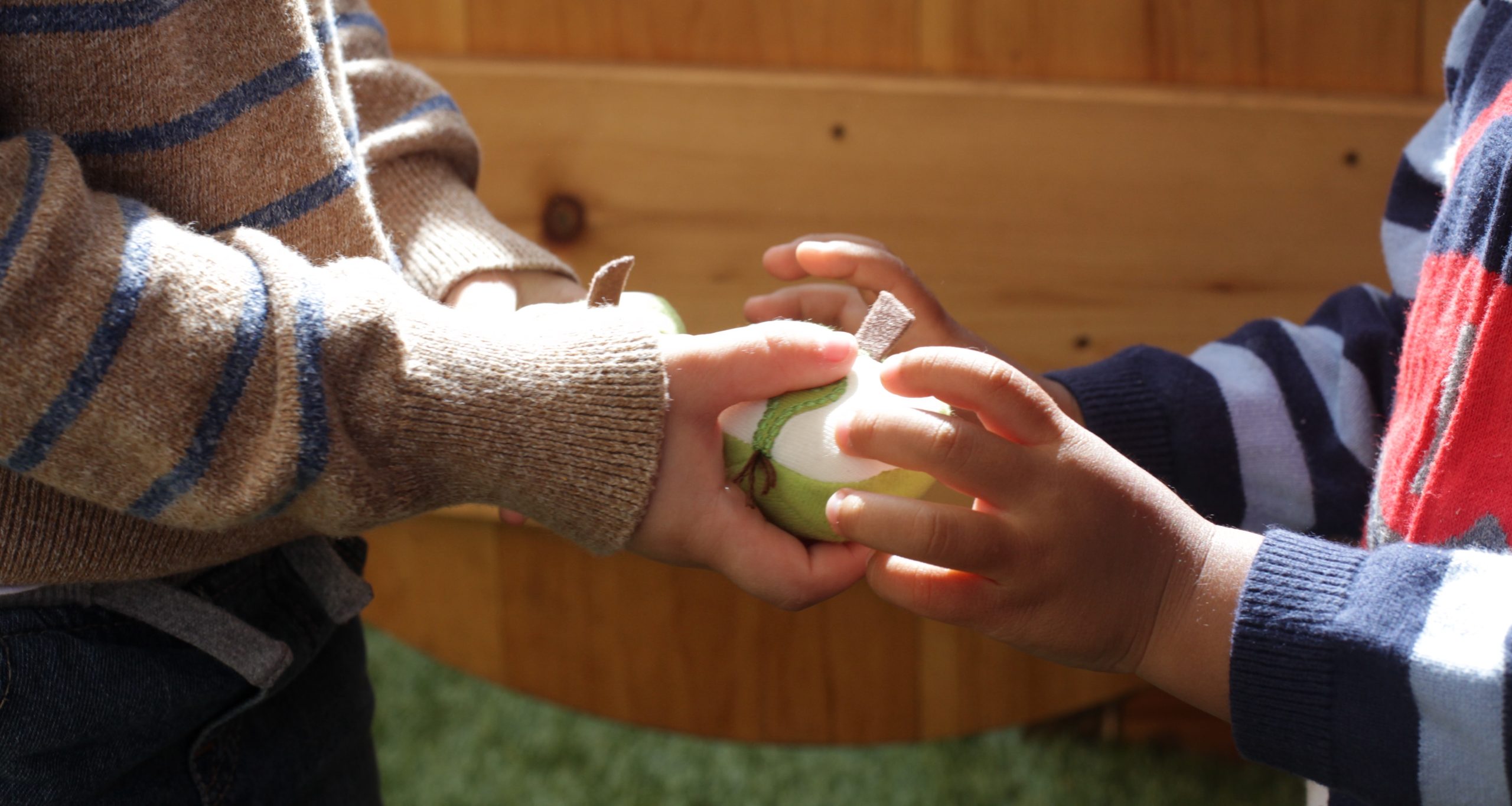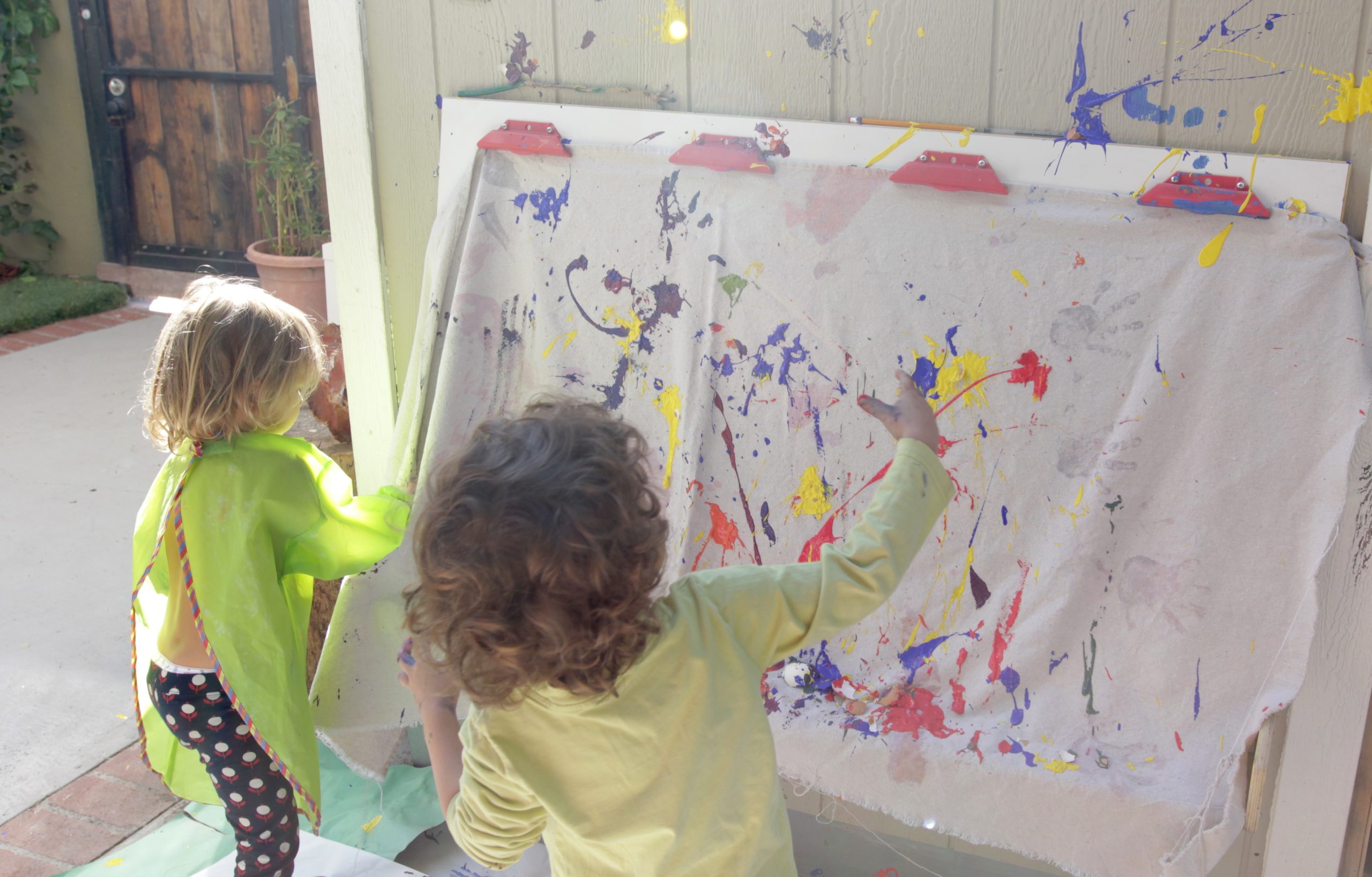When: August 20th from 1:30-4:30 p.m. Where: Dock 52, 13552 Fiji Way in Fisherman’s Village Why: It is Ocean Inspiration week at Kids Collective and we learn about marine life. What to expect: Gray Whales: Every year the California Gray Whales migrate up and down the western coast of North America from the summer feeding grounds in the...
When: June 10th from 11:30-12:30 Where: Kids Collective yard Why: We’ve travelled the globe this year, visiting every continent. We wanted to celebrate our journey as well as our family heritages and hence our first ever International Day! This will be a great way to celebrate our diverse community, see, hear, touch, taste feel all...
Teachers and educators worldwide have long been worried about the problem of how to transform schools and how to bring up children so as to make them harmoniously developed beings. The idea of all-round education has now become a common currency. It refers to development of a child under the influence of every type of...
How to tell your child is an introvert Do you often observe your kid rather stand aside and watch other kids running about the playground instead of joining them? Does your little one prefer to spend time alone looking through books or coloring? Does your child tend to draw his or her shoulders in or...
There has already been much talk about children’s innate talents to learn in their own ways. Yet, let us point this out again – human beings are born curious, and the ability to learn has been given to us by mother nature. Have you noticed the zeal in kids’ eyes, when they get to know...
As children pass from carefree infancy to meaningful childhood, they come through a set of developmental stages that are crucial for their personal becoming. Throughout these challenging and strenuous years, there are parents who are children’s best learning models. They are one and only people who love unconventionally, care selflessly and spend their lives to...
The desire to own and have the right of sole possession is ingrained in young children. It can be frustrating – yet it is a vital stage of children’s development process. Until kids are about two and three years old, they believe that everything centers around them. “It’s mine!” your little ones cry out, as...
When we consider essential skills that kids need to succeed on their academic pathway, we mainly think of basic attains: speaking, reading, writing, counting and so on. Many parents believe that creativity is an intrinsic ability of certain people with unusual talents. In fact, this is not the case – creativity have nothing to do...
Studying a foreign language is an invaluable experience at any age, but young children have the most to benefit from this challenging, yet inspiring opportunity. The ability to grasp a language without conscious learning is granted to children from birth. They intuitively take a language as an opportunity to look around, explore and get entertained....
